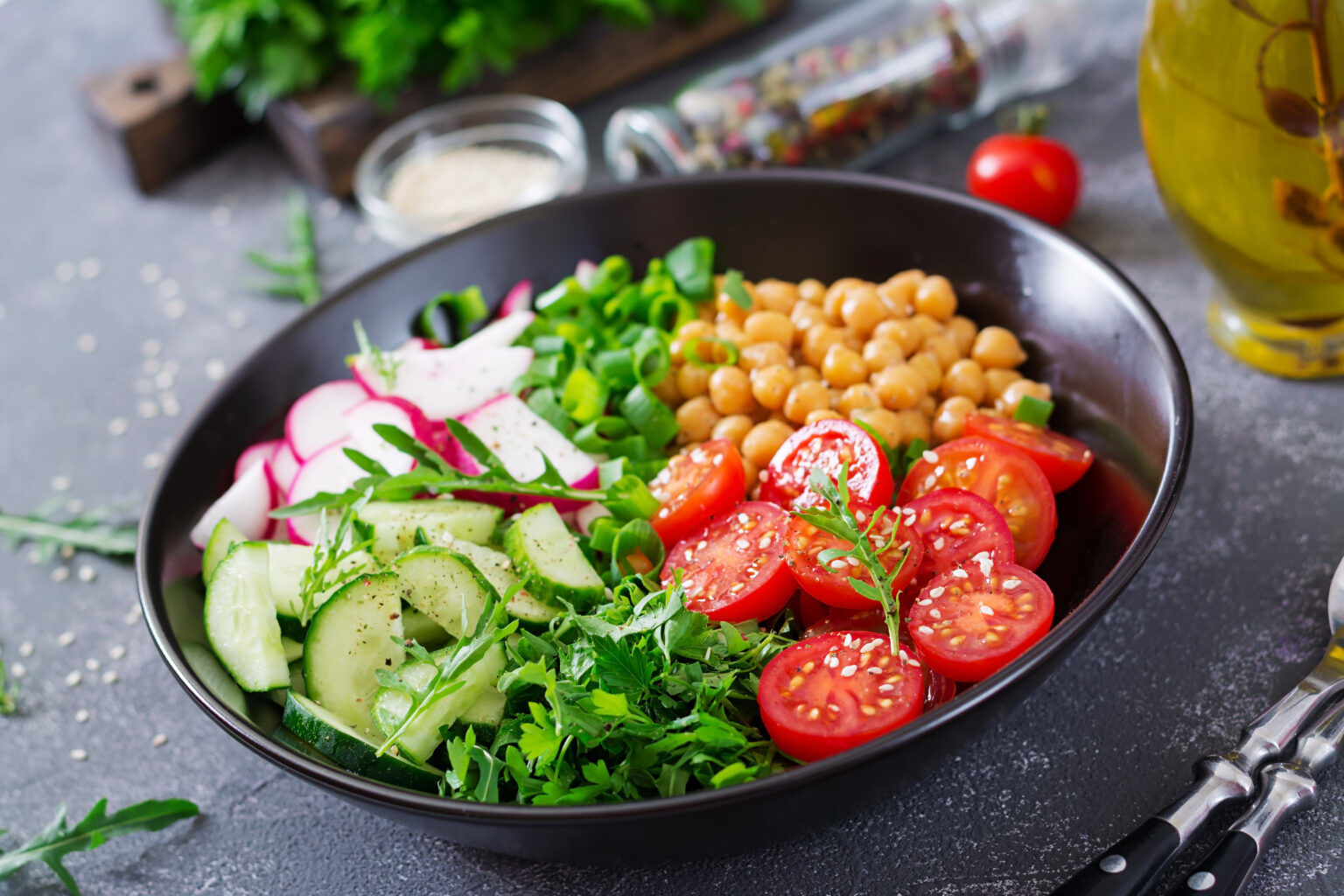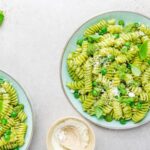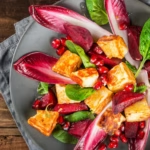A vegan diet is gaining popularity worldwide due to its ethical, environmental, and health benefits. However, one of the concerns often associated with a plant-based lifestyle is obtaining adequate protein. Contrary to common misconceptions, there are numerous plant-based protein sources that can easily fulfil your dietary needs while providing a wide range of other essential nutrients. Let’s explore some of the best plant-based protein sources for a balanced vegan diet.
- Legumes: Legumes are a fantastic plant-based protein source that includes beans, lentils, chickpeas, and peas. They are not only rich in protein but also packed with fibre, iron, folate, and other essential minerals. Incorporating legumes into your meals, such as adding chickpeas to salads, lentils to stews, or black beans to veggie burgers, is an excellent way to increase your protein intake.
- Quinoa: Quinoa is a complete protein, meaning it contains all nine essential amino acids required by the body. It’s a versatile grain-like seed that can be used in various dishes like salads, stir-fries, or as a substitute for rice. Quinoa is also an excellent source of fibre, magnesium, iron, and other important nutrients.
- Tofu and Tempeh: Tofu and tempeh, both derived from soybeans, are popular plant-based protein options. Tofu has a subtle flavour and a versatile texture, making it suitable for stir-fries, curries, and even desserts. Tempeh, on the other hand, has a nutty taste and a firmer texture, making it ideal for grilling or marinating. Both tofu and tempeh are rich in protein, calcium, iron, and other minerals.
- Nuts and Seeds: Nuts and seeds are not only great sources of healthy fats but also provide protein. Almonds, walnuts, peanuts, chia seeds, flaxseeds, and hemp seeds are particularly rich in protein. They can be enjoyed as snacks, added to smoothies, sprinkled on salads, or used as a topping for yogurt or oatmeal. Additionally, nut and seed butters, like almond butter or tahini, are delicious and nutritious options.
- Whole Grains: Whole grains like brown rice, quinoa, oats, and amaranth are not only rich in complex carbohydrates but also contain a fair amount of protein. They are versatile and can be used as a base for various dishes, such as grain bowls, pilafs, or porridge.
- Seitan: Seitan, also known as wheat meat or wheat gluten, is a high-protein meat substitute made from gluten, the protein found in wheat. It has a meat-like texture and is a popular choice for vegan dishes like stir-fries, kebabs, and sandwiches. Seitan is an excellent source of protein but may not be suitable for those with gluten sensitivities or celiac disease.
- Spirulina: Spirulina is a blue-green algae that is often consumed in powdered or supplement form. It is incredibly nutrient-dense, providing protein, iron, B-vitamins, and antioxidants. Spirulina can be added to smoothies, juices, or used as a natural food colouring agent.
Remember that a balanced vegan diet should include a variety of protein sources to ensure you receive all essential amino acids. By combining different plant-based protein sources throughout the day, you can easily meet your nutritional requirements.
If you have concerns about meeting your protein needs on a vegan diet, consulting a registered dietitian or nutritionist can provide personalised guidance to help you create a well-balanced meal plan.
A vegan diet can adequately meet your protein needs by incorporating a diverse range of plant-based protein sources such as legumes, quinoa, tofu, tempeh, nuts, seeds, whole grains, seitan, and spirulina. Embracing these nutritious options will not only support your health but also promote sustainability and compassion for animals, making your vegan journey even more rewarding.








